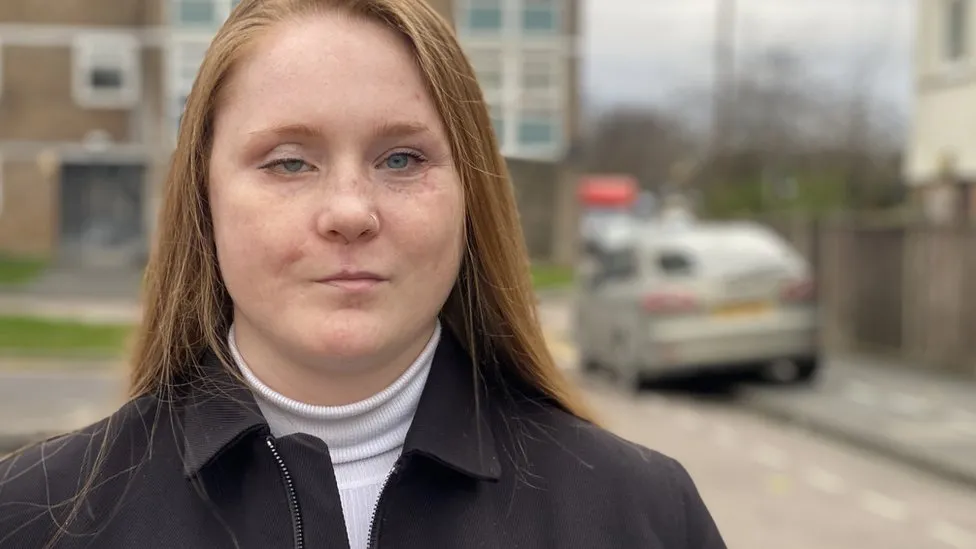Breaking the Link: Studying Brain Injury and Depression
1 min readStudy aims to break brain injury link to depression
A recent study conducted by researchers at the University of California aims to break the link between brain injuries and depression....

Study aims to break brain injury link to depression
A recent study conducted by researchers at the University of California aims to break the link between brain injuries and depression. The study, led by Dr. Emily Thompson, focuses on understanding how traumatic brain injuries can lead to depression and developing new treatment options to address this connection.
According to the Centers for Disease Control and Prevention, approximately 1.7 million people in the United States sustain a traumatic brain injury each year. Research has shown that individuals who experience a brain injury are at a higher risk for developing depression, with rates of depression being significantly higher among brain injury survivors compared to the general population.
Dr. Thompson and her team are working to better understand the mechanisms that link brain injuries to depression in order to develop targeted interventions. They are investigating how changes in brain chemistry and structure following a brain injury may contribute to the development of depressive symptoms, and are exploring new pharmacological and behavioral treatments to address these underlying causes.
The ultimate goal of the study is to improve outcomes for individuals who have experienced a traumatic brain injury by providing effective treatments for depression and reducing the long-term impact of brain injuries on mental health. By breaking the link between brain injuries and depression, the researchers hope to help survivors lead happier, healthier lives.





